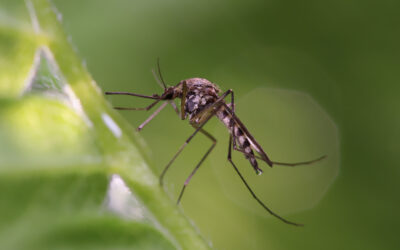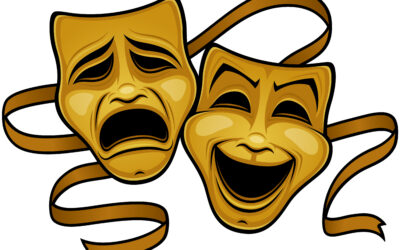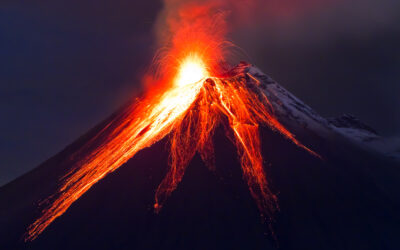Russian has several unique sounds that can be difficult for English speakers to pronounce because they have no direct equivalents in English. These sounds contribute to the distinct sound of the Russian language.
Ы (Yery)
The vowel Ы (yery) is a sound that doesn’t exist in English. It’s produced by positioning the tongue high and back in the mouth, creating a sound somewhere between “i” in “bit” and “u” in “pull.” It’s one of the trickiest Russian vowels for English speakers to master.
Х (Kh)
The consonant Х (kh) is a voiceless velar fricative, similar to the sound made in the Scottish word “loch” or the German “Bach.” It’s a harsher, throatier sound than any English “h.”
Щ (Shch)
The letter Щ (shch) is a sound that’s often described as somewhere between “sh” in “shower” and “ch” in “cheese.” It’s a softer, more prolonged “sh” sound, found in words like “щедрый” (shchedryy – generous).
Й (Yot)
The Й (yot) sound, similar to the English “y” in “yes,” appears in combinations like “ай” (ay) or “ой” (oy). While not entirely foreign, its use in forming diphthongs and softening other vowels can be difficult for non-native speakers.
Ю (Yu) and Ё (Yo)
The Russian Ю (yu) and Ё (yo) are combination sounds that don’t exist as single phonemes in English. Ю sounds like “you” said quickly, while Ё is a stressed “yo” sound that often merges into Е (ye) in unstressed positions.
Ц (Ts)
The letter Ц (ts) represents a hard, sharp sound similar to the “ts” in “cats.” Unlike in English, it’s not a combination of two sounds but rather a single phoneme, commonly found in words like “царь” (tsar).
Ь (Soft Sign)
While the Ь (soft sign) doesn’t represent a sound itself, it plays a crucial role in softening the consonants that precede it. This “softening” gives Russian words a smoother, more palatalized sound that can be hard for English speakers to replicate.
These sounds create a rich variety of pronunciation challenges for learners of Russian, making the language sound vastly different from English!
Related Articles
How Mosquitoes Changed History
They may seem like nothing more than annoying pests, but mosquitoes have played a powerful role in shaping the world. These tiny insects are considered the deadliest animals on Earth—not because of...
The History of Parody—Comedy That Pushes Boundaries
Parody—the art of exaggerating or imitating something for comedy—dates back to ancient Greece, where playwrights like Aristophanes poked fun at politics and myths. In the 1700s and 1800s, satirical...
The Science of Volcanoes—Earth’s Fiery Forces
Volcanoes are more than just eruptions—they are crucial to Earth’s formation! When molten rock, or magma, reaches the surface, it creates new land, forming islands like Hawaii and Iceland. The...





